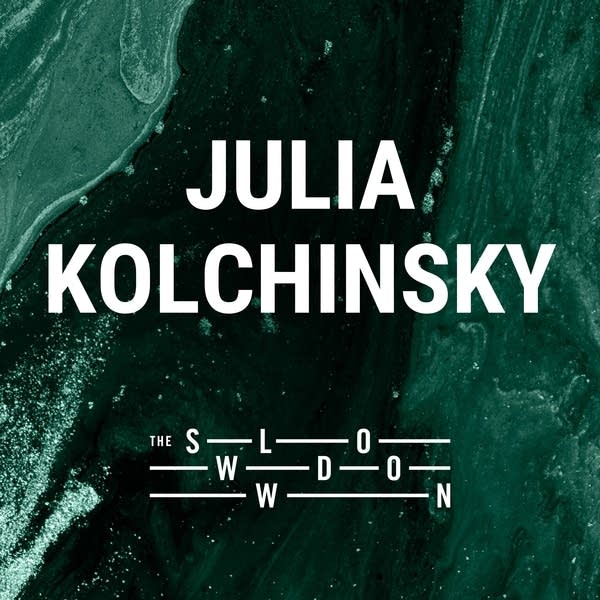1384: I do not mention the war in my birthplace to my six-year-old son but somehow his body knows by Julia Kolchinsky

1384: I do not mention the war in my birthplace to my six-year-old son but somehow his body knows by Julia Kolchinsky
TRANSCRIPT
I’m Maggie Smith, and this is The Slowdown.
Children are so talented at asking unanswerable questions. Questions that cut you to the quick. I remember driving around with my daughter Violet when she was in preschool—three, four years old—and she would ask me these enormous, existential questions from her booster seat behind me.
I still remember the questions as clearly as if she asked them yesterday: “What is the world for?” and “What is the past?” and “Why is the sky so tall and over everything?” My personal favorite was this one: “How do leaves fall off the trees and how did God build this car?” I mean, where to even begin?
Sometimes I’d catch her eyes in the rearview mirror, and just think, “Who is this kid?!”
But she also, especially as she got a little older—six, seven, eight—started to ask questions that were even harder to answer, because they were more personal. “Are you going to die before me?” and “Where will you be when you die?” Parents have been struggling to answer questions about mortality since the beginning of time. Sometimes the questions our children ask are even harder to navigate, because they are about the world we live in—the world WE brought them to! My daughter asked questions about 9/11, and wars, and natural disasters, and other parts of human history that are difficult to parse, no matter how old you are.
As a parent, it feels like an impossible task: telling the truth, or at least the truth as you know it, and not saying anything that will sadden or flat-out terrify your children. We don’t get any training in how to have these conversations! If you end up parenting a very philosophical kid, you have to learn to think on the fly!
I’m not sure I always answered those questions to my daughter’s satisfaction, but I did my best—and as a poet, I often ended up writing my way through those big ideas. Poems are the perfect containers for questions without easy answers.
Today’s poem made my breath catch in my throat, because it captures so well these beautiful, and sometimes heartbreaking, conversations that parents have with their children.
I do not mention the war in my birthplace to my six-year-old son but somehow his body knows
by Julia Kolchinsky
My face in his hands before bed, he asks, if I cut you in half, will you be even? I am silent. Expecting mothers in Mariupol are cut by invisible hands. Children cut off from water. Because you have two eyes + two ears + two cheeks + so much hair + your mouth can have two halves so you would be even, right? He wants simple math. Breath that outlasts violence. You ÷ 2 = 2 even yous. He isn’t asking anymore. He is making me monument. You would still be if I cut you in half. Small hands demand a splitting. If you cut me in half, I tell him, I’d be dead.
“I do not mention the war in my birthplace to my six-year-old son but somehow his body knows” by Julia Kolchinsky from PARALLAX © 2025 University of Arkansas Press. Used with the permission of The Permissions Company, LLC on behalf of the University of Arkansas Press.


